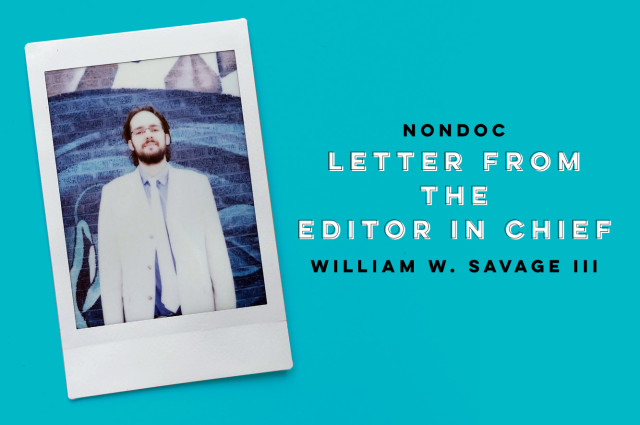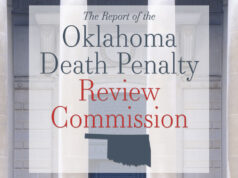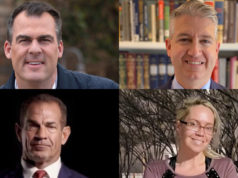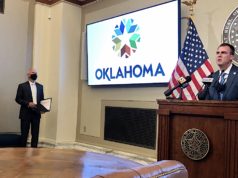In many ways, people want from their media the same things they want from their government: transparency, accountability and ethics.
Unfortunately, public opinion polling shows that American trust in mass media has sunk almost as low as trust in the way the United States is being run.
As Editor in Chief of this new media site, I am tasked with building your trust in NonDoc.com, the content we publish and the way our editorial board and contributors approach the job at hand.
Can we inform you?
Can we engage you?
Can we make you smile?
Can we foster the kind of public discussion that makes communities and democracies more vital?
And can we do it while remaining interesting, credible, dynamic and non-doctrinaire?
We are going to try, but no one said it was going to be easy.
Fortunately, we have some tools in our tool belt.
Transparency: Here at NonDoc, we don’t have any secrets or sacred cows. We do have sponsors to support our work, and when someone sponsors content or is even tangentially mentioned in normal content, you will know it for the sake of transparency.
Accountability: Like any major media company, if we publish an error, we will correct it. In addition, we want to publish your voice as well, and not just buried in comment chains at the bottom of stories. We hope readers will take the time to submit the occasional “letter” to our editorial board. We will publish accumulations of them, along with other editorial pieces. If you don’t like something published on NonDoc, tell us about it.
Ethics: Believe it or not, legitimate media have a pretty uniform set of ethics by which they should operate. The digital world means that, more than ever, any yahoo or yokel can launch a blog and rail against politicians they dislike or promote dubious conspiracies about anything from soft drinks to corn mazes. But what I believe sets online media apart from each other is the way they approach their ethical obligations to readers. Do they make headlines both interesting and accurate? What are their sourcing rules? How do they handle potential conflicts of interest? Do they treat subjects of criticism with respect? Do they offer competing viewpoints equal access to the same platforms? Do they focus on facts and dialogue rather than personal vendettas or insults? Many times, readers can tell what is ethical and what is not from media. But sometimes it is not as obvious, which means media themselves must have a strong commitment to doing what’s right.
If we can, we hope to talk about media, their editorial decisions and their responsibility to the public. We’ll talk about ours, and we won’t be afraid to talk about others’, as well.
Beyond that, my job is to help our editorial board and our contributors produce interesting, informative, thoughtful and entertaining content. Fortunately, I have some experience in that capacity.
A long time ago, the purple-haired city editor of a local newspaper gave me advice before I took my first job as another publication’s editor: Learn to delegate and do what’s right.
At NonDoc, I once again get to delegate to and learn from long-time journalism partner Josh McBee. A former colleague at two other publications, Josh is our Managing Editor at NonDoc and will be another set of eyes focused on producing transparent, accountable and ethical content.
We still believe that is what people want from media, and we hope you find NonDoc suitable to that end.
If you don’t, well, write us a letter about it for publication.






















